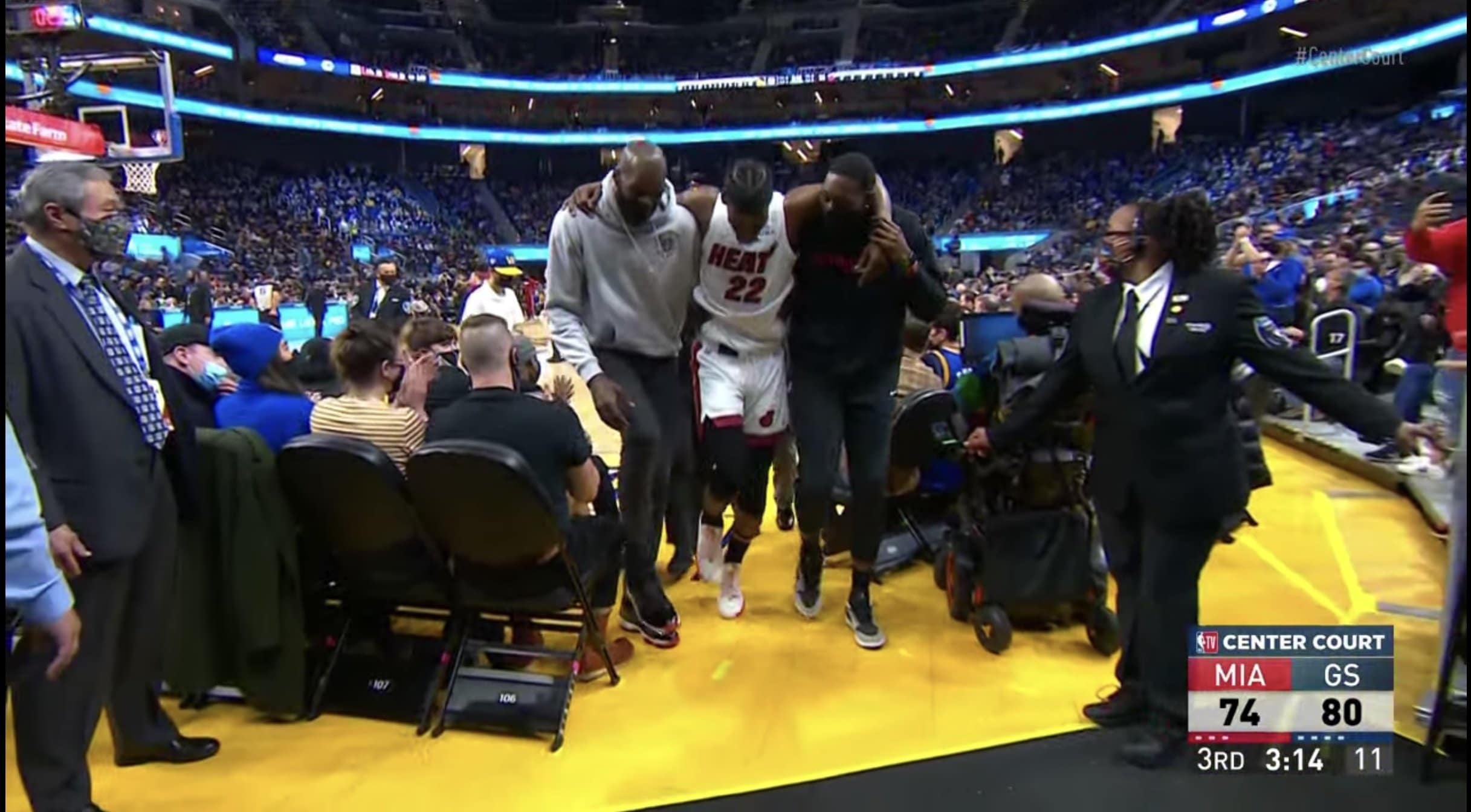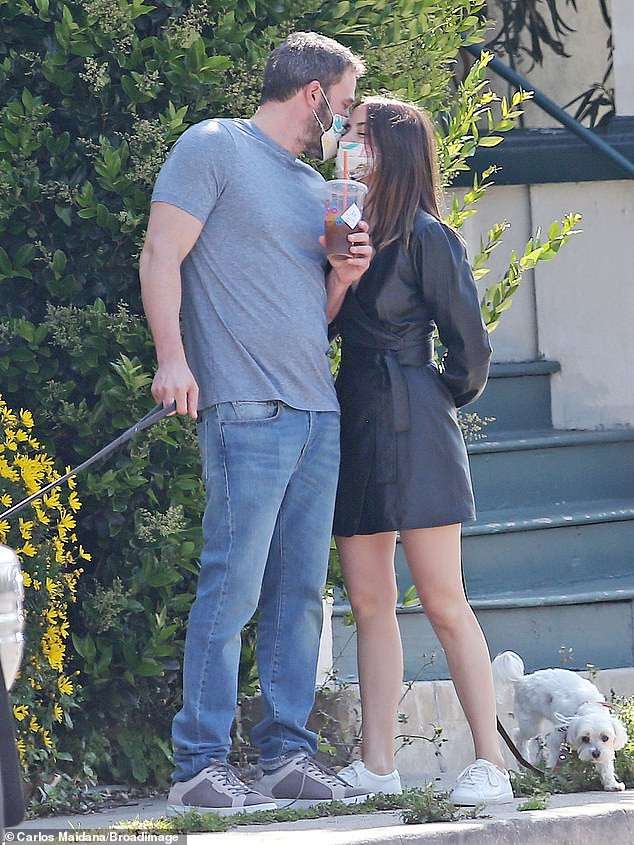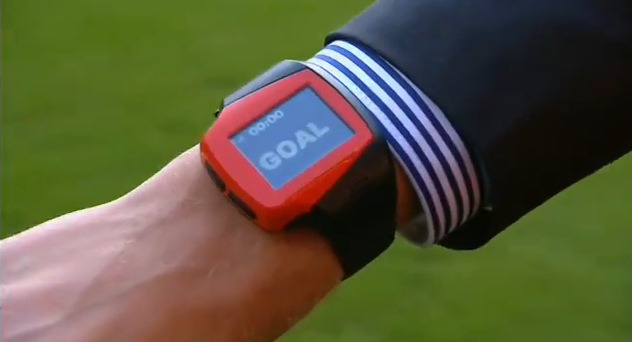LaLiga Seeks Criminal Action Against Google For Piracy: Testimony Demanded

Table of Contents
LaLiga's Accusations Against Google
LaLiga's lawsuit against Google centers around allegations of active facilitation of copyright infringement and a lack of proactive measures to combat the illegal streaming of its matches. The organization argues that Google's services, particularly its search engine and advertising platform, directly contribute to the problem.
Facilitating Copyright Infringement
LaLiga contends that Google's systems actively direct users to illegal streaming websites, significantly contributing to the loss of revenue and undermining the value of its intellectual property. Specific accusations include:
- High ranking of pirate websites in search results: LaLiga alleges that searches for terms like "watch LaLiga online free" consistently yield high rankings for websites offering illegal streams, prioritizing these results over official broadcasting channels. This prioritization, they argue, actively drives traffic to infringing sources.
- Monetization of illegal streams through Google Adsense: The lawsuit claims that Google Adsense, Google's advertising network, generates revenue for many pirate websites through ad placements on pages streaming copyrighted LaLiga content. This, LaLiga argues, shows a direct financial incentive for Google to tolerate, even indirectly profit from, copyright infringement.
- Insufficient removal of infringing content despite repeated notices: LaLiga asserts that it has repeatedly submitted takedown notices to Google, requesting the removal of links to illegal streaming sites. However, they claim that Google’s response has been insufficient, leaving infringing content readily available to users. This inaction, they say, demonstrates a lack of commitment to protecting intellectual property rights.
Lack of Proactive Measures
Beyond the specific accusations of facilitation, LaLiga criticizes Google for a perceived lack of proactive measures to prevent piracy in the first place. This includes:
- Allegations of insufficient investment in anti-piracy technology: LaLiga suggests that Google has not invested sufficiently in technologies capable of proactively identifying and blocking illegal streams before they reach viewers.
- Claims of slow response times to takedown requests: The lawsuit alleges that Google's response times to takedown notices are excessively slow, allowing pirated content to remain online for extended periods, maximizing the damage to LaLiga.
- A perceived lack of transparency in their enforcement processes: LaLiga expresses concern over a lack of transparency surrounding Google's internal processes for addressing copyright infringement, hindering their ability to assess the effectiveness of Google's anti-piracy efforts.
The Demand for Criminal Action
LaLiga's decision to pursue criminal charges against Google represents a radical departure from typical civil lawsuits targeting copyright infringement. This strategy aims to secure far more severe penalties and send a strong message to other tech companies.
Unprecedented Legal Strategy
The pursuit of criminal action against Google is unprecedented in the context of online piracy litigation against a major tech company. This aggressive approach signifies LaLiga's determination to combat piracy effectively and holds Google accountable for its alleged complicity.
Seeking Testimony and Evidence
Central to LaLiga's legal strategy is the demand for testimony from high-ranking Google executives and the production of internal documents. This evidence is intended to demonstrate Google’s knowledge and role in facilitating piracy. The sought-after information includes:
- Evidence of Google's internal policies regarding copyright infringement: LaLiga aims to uncover the specifics of Google's internal procedures and policies related to handling copyright complaints and takedown requests.
- Data on the volume of traffic directed to pirate sites through Google services: This data will quantify the scale of the problem and demonstrate the extent to which Google's services contribute to the growth of illegal streaming.
- Records of communication between LaLiga and Google concerning takedown requests: These communications will illustrate the timeline of events, the nature of LaLiga's concerns, and the adequacy of Google's responses.
Implications for the Future of Online Content Protection
The outcome of this landmark case will have far-reaching implications for the fight against online piracy and the broader relationship between copyright holders and technology companies.
Setting a Precedent
This LaLiga Google Piracy case has the potential to set a significant legal precedent, affecting how tech giants are held accountable for their role in facilitating online copyright infringement. The impact will be felt across multiple sectors:
- Other sports leagues and entertainment companies facing similar challenges: The outcome will influence the strategies adopted by other content creators struggling with online piracy.
- The development of future anti-piracy strategies: The legal precedents set could spur innovation in anti-piracy technologies and enforcement mechanisms.
- The legal landscape surrounding online copyright protection: The case could reshape the legal framework governing online copyright, leading to stricter regulations and increased accountability for technology platforms.
The Role of Technology Companies
The lawsuit underscores the ongoing debate about the responsibility of technology companies in protecting intellectual property rights. It highlights the critical need for stronger collaboration between rights holders and platforms to effectively combat online piracy and ensure a fair and sustainable digital ecosystem.
Conclusion:
LaLiga's aggressive legal action against Google for its alleged role in LaLiga Google Piracy represents a significant turning point in the fight against online piracy. The demand for criminal action and access to internal Google data emphasizes the gravity of the situation and the potential for severe consequences for tech companies that fail to adequately address copyright infringement. The outcome of this case will undoubtedly reshape the future of online content protection, setting precedents for other content creators and significantly impacting how technology companies approach their responsibilities in combating piracy. Stay informed about further developments in the LaLiga Google Piracy case to better understand the evolving landscape of digital rights management.

Featured Posts
-
 Warriors Loss Highlights Jimmy Butlers Pelvic Contusion Severity
May 16, 2025
Warriors Loss Highlights Jimmy Butlers Pelvic Contusion Severity
May 16, 2025 -
 High Bacteria Levels In Rock Creek Park Rfk Jr S Family Swim Sparks Controversy
May 16, 2025
High Bacteria Levels In Rock Creek Park Rfk Jr S Family Swim Sparks Controversy
May 16, 2025 -
 Elaqt Twm Krwz Wana Dy Armas Hl Yjmehma Akthr Mn Mjrd Eml
May 16, 2025
Elaqt Twm Krwz Wana Dy Armas Hl Yjmehma Akthr Mn Mjrd Eml
May 16, 2025 -
 Giants Vs Padres Analyzing The Odds Of A Padres Win Or A Single Run Loss
May 16, 2025
Giants Vs Padres Analyzing The Odds Of A Padres Win Or A Single Run Loss
May 16, 2025 -
 Nhl Referee Technology The Rise Of The Apple Watch
May 16, 2025
Nhl Referee Technology The Rise Of The Apple Watch
May 16, 2025
